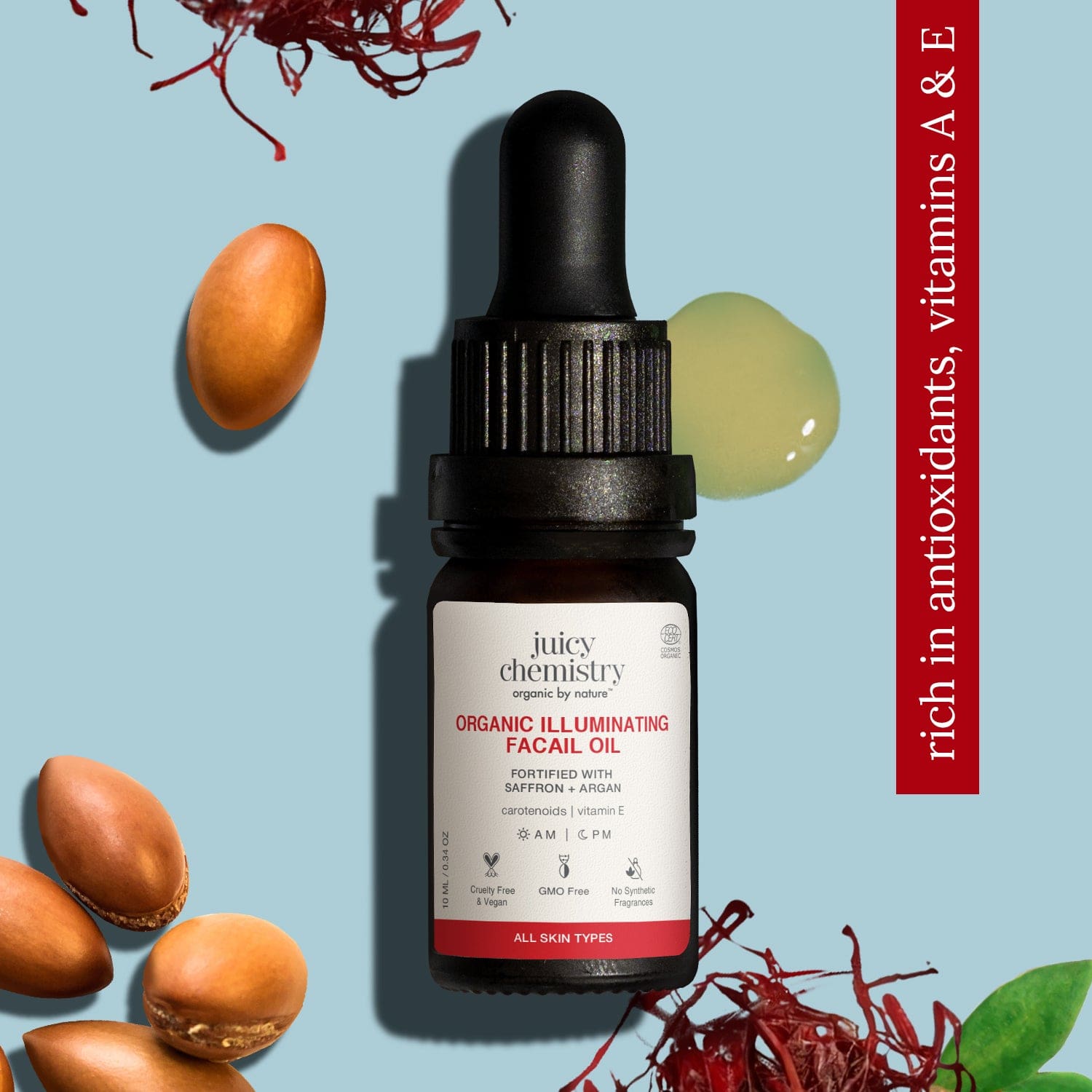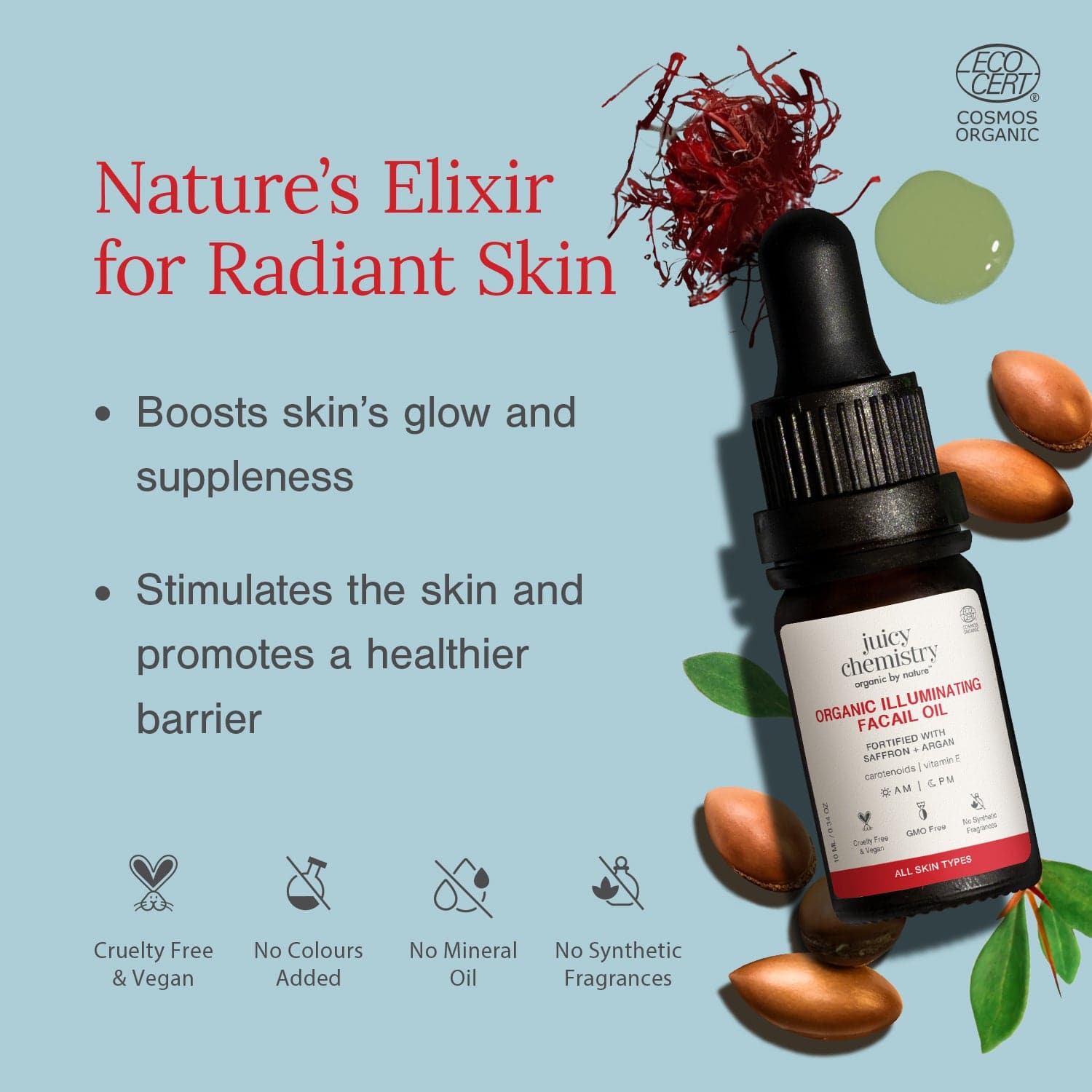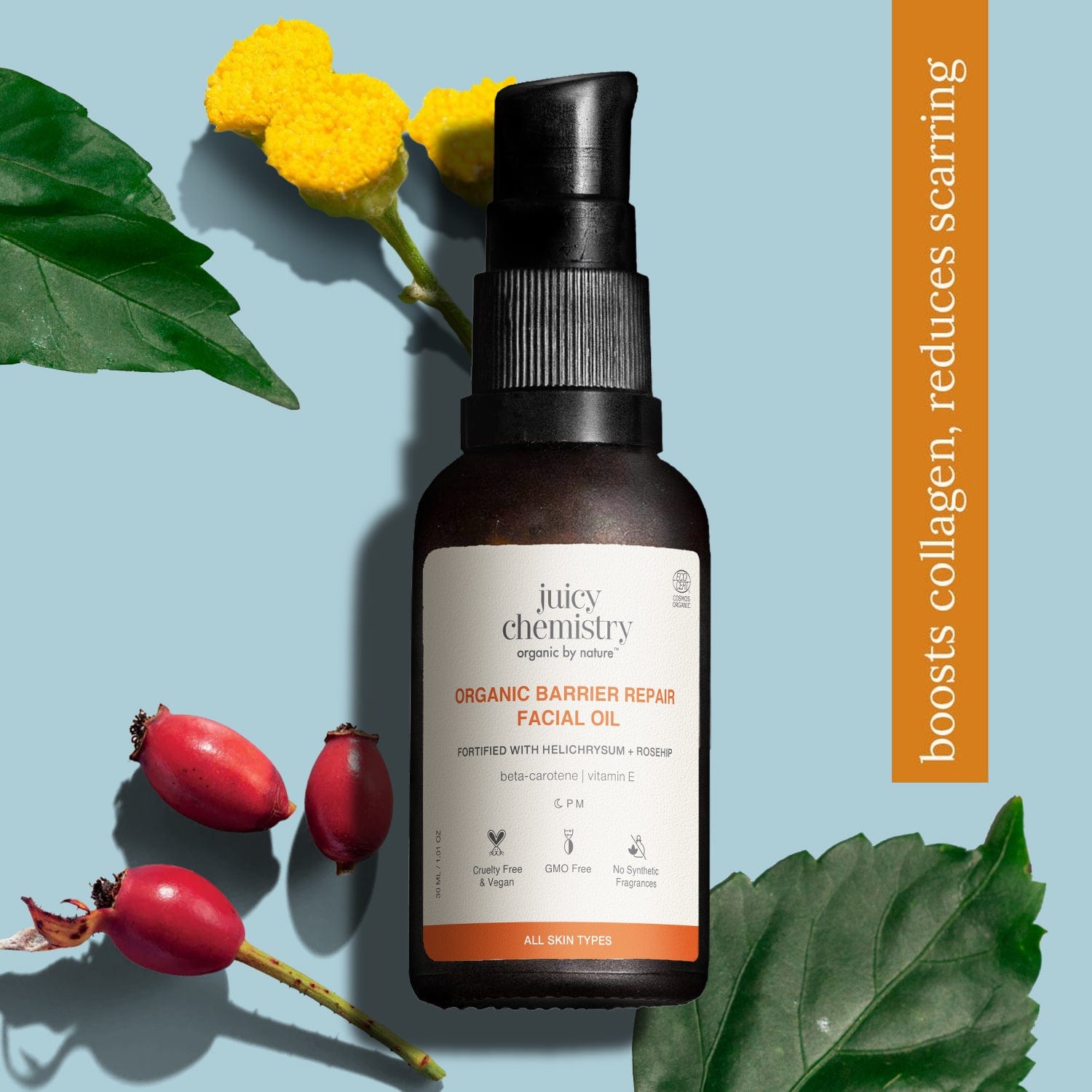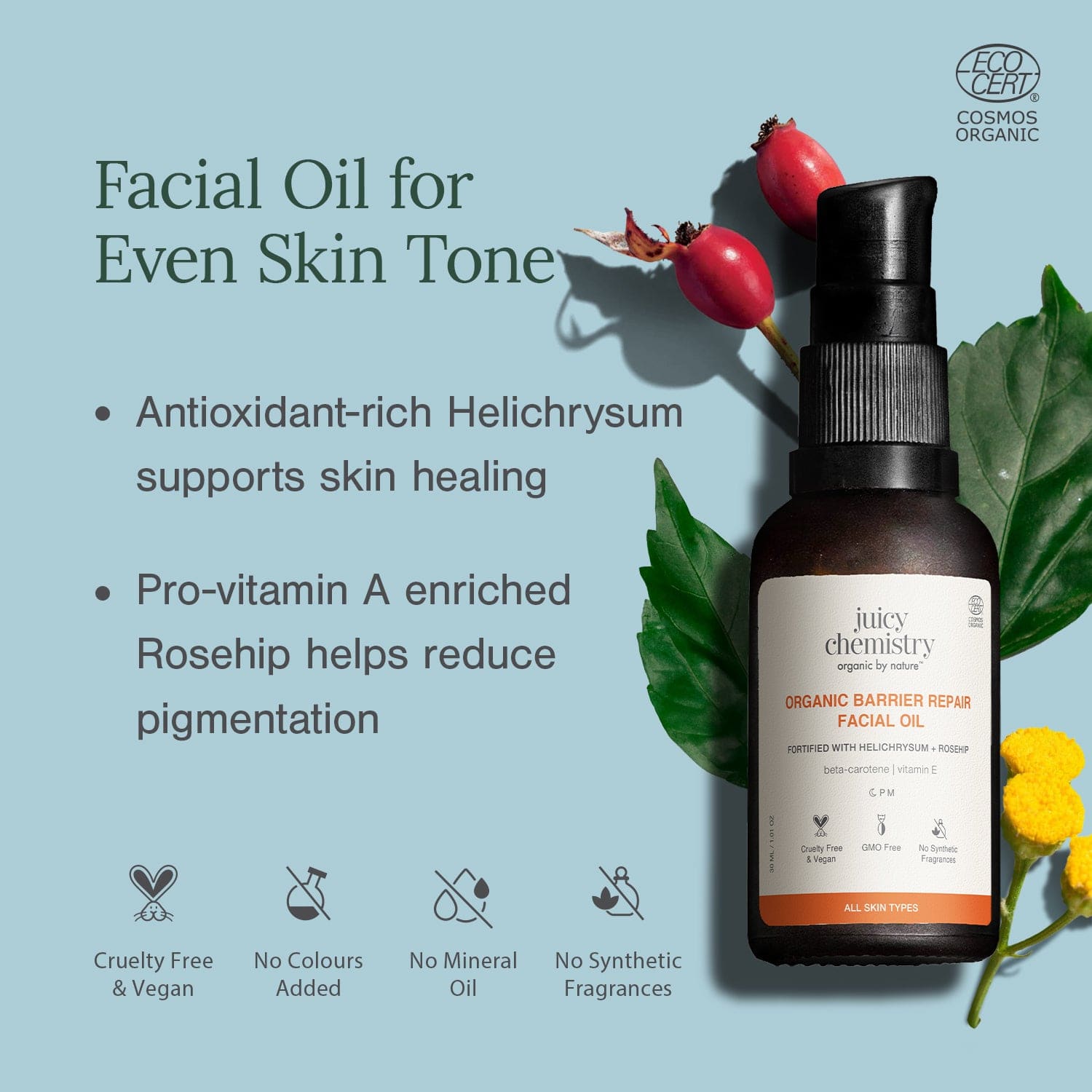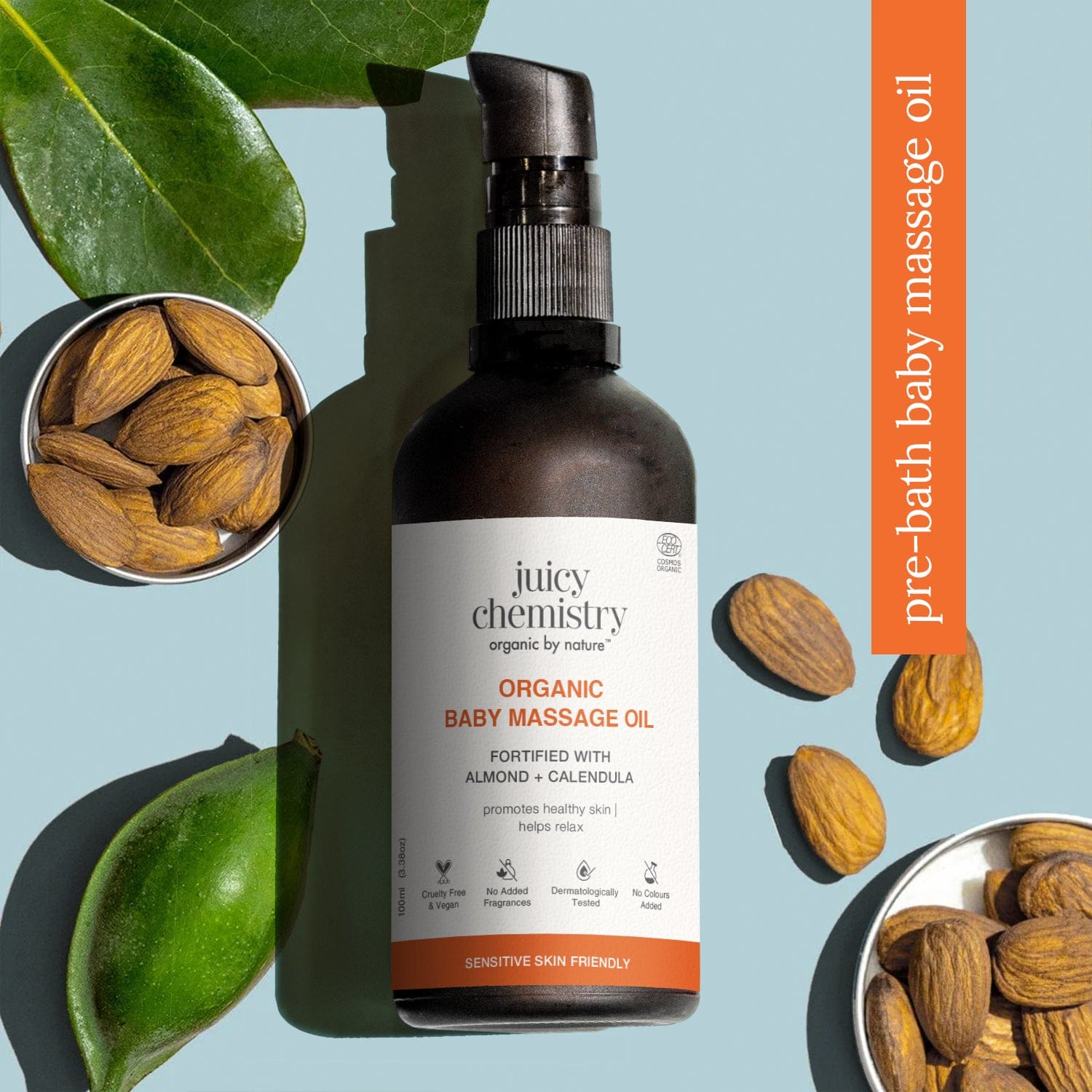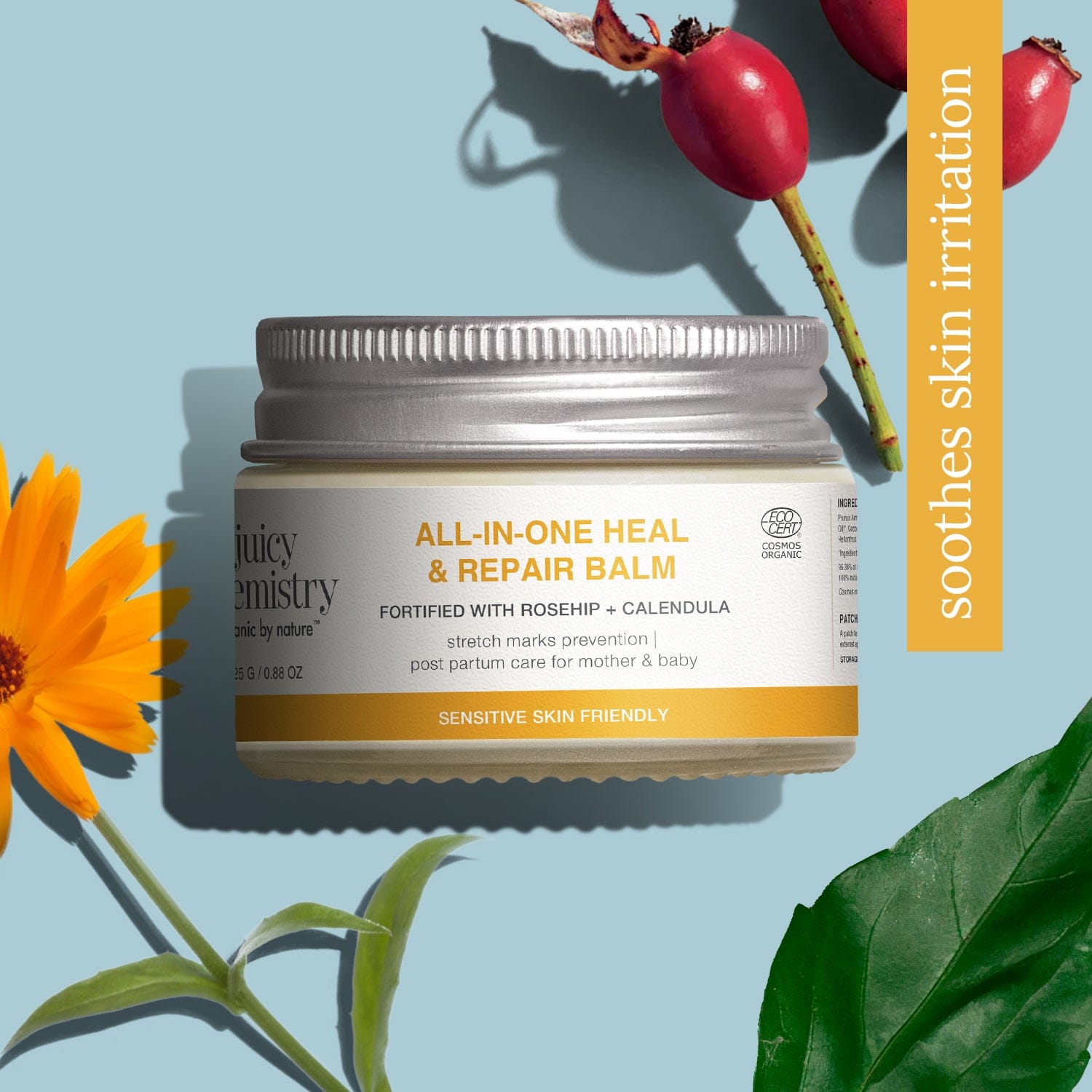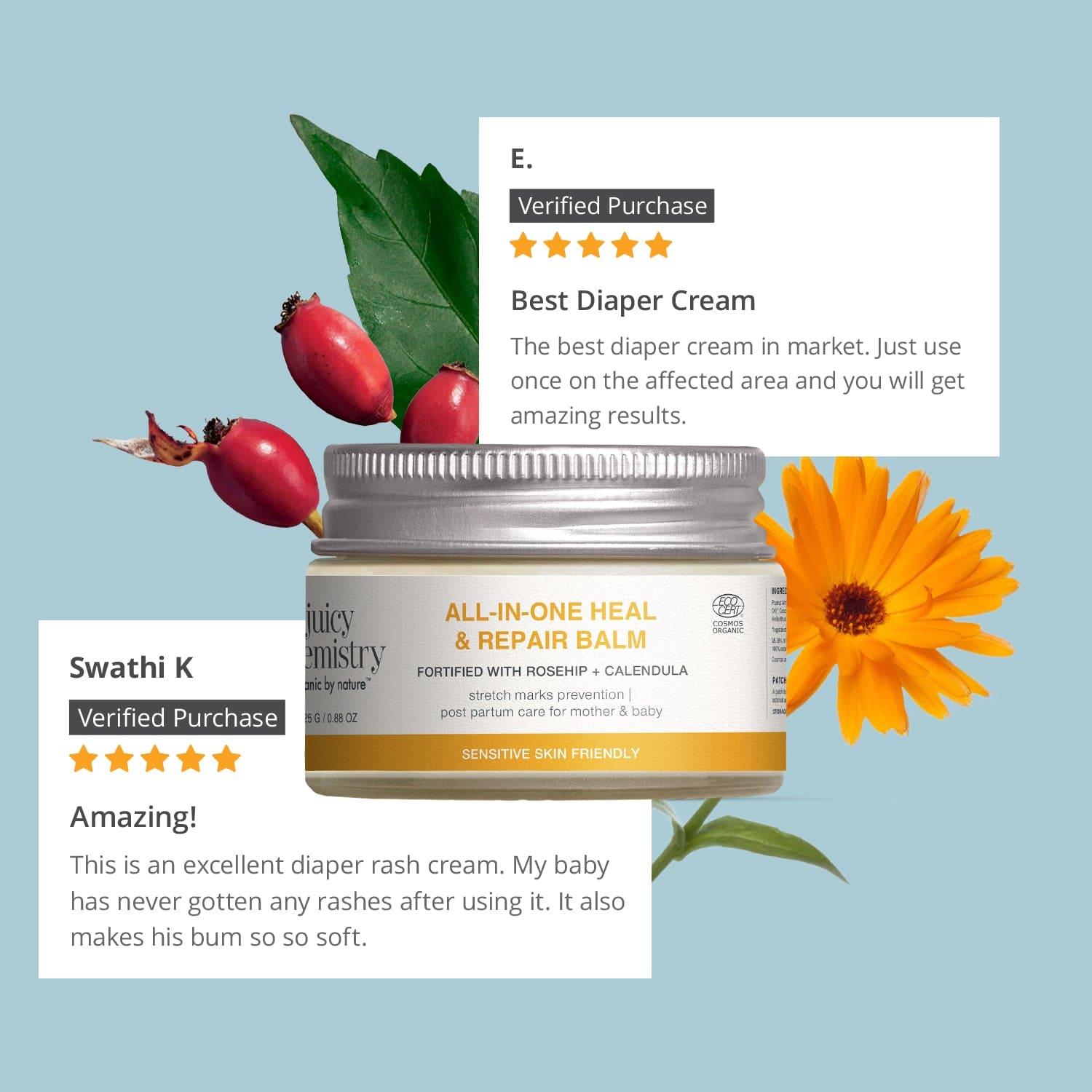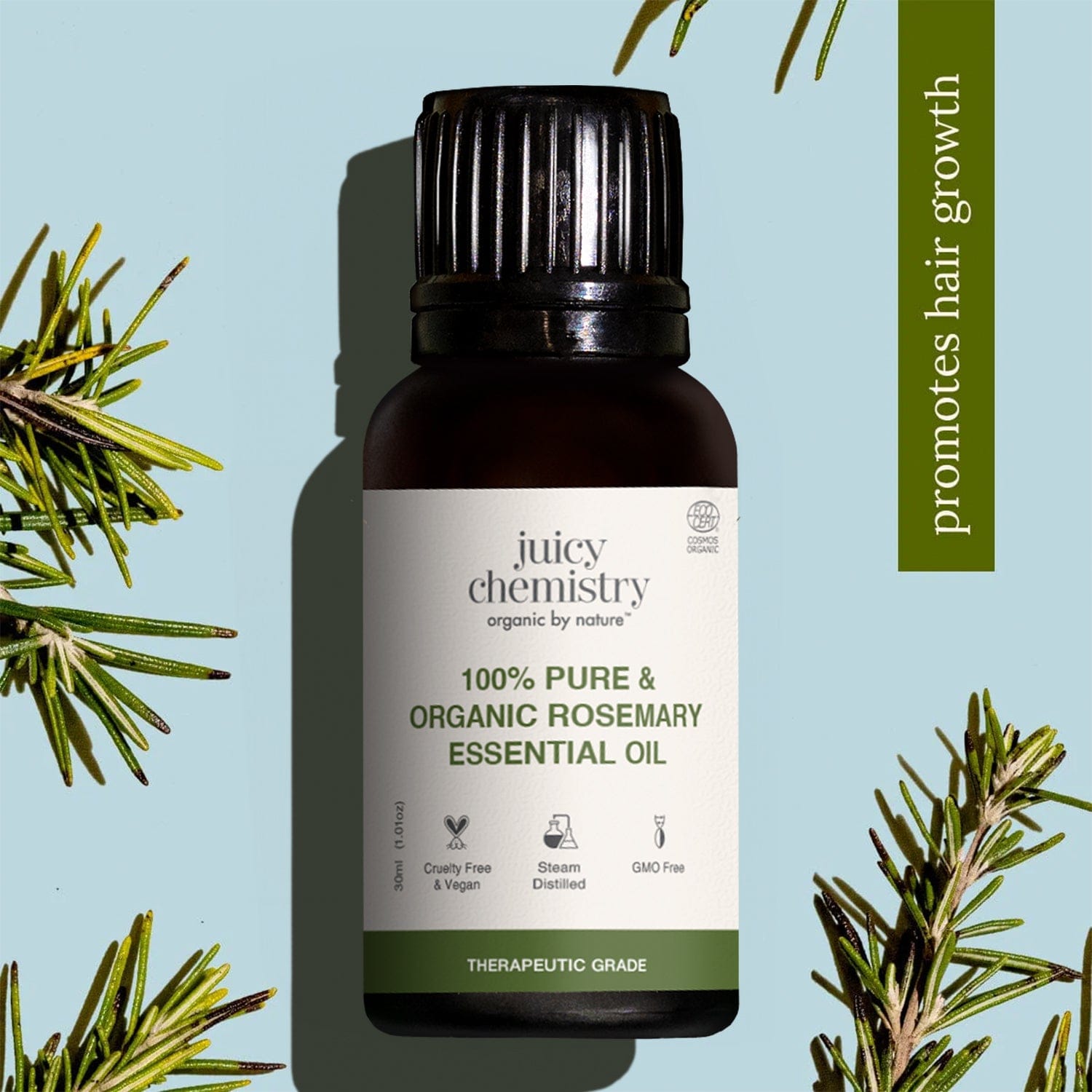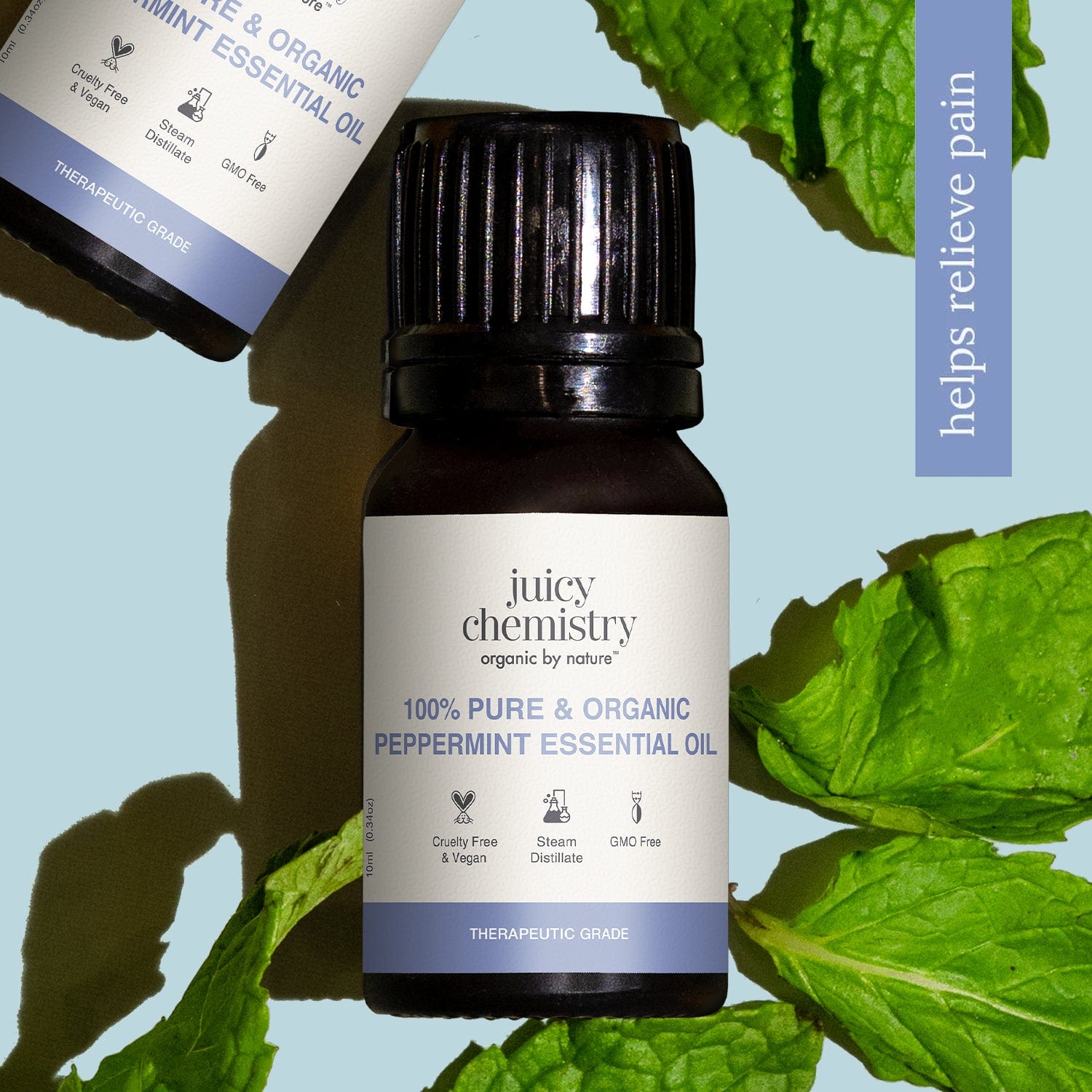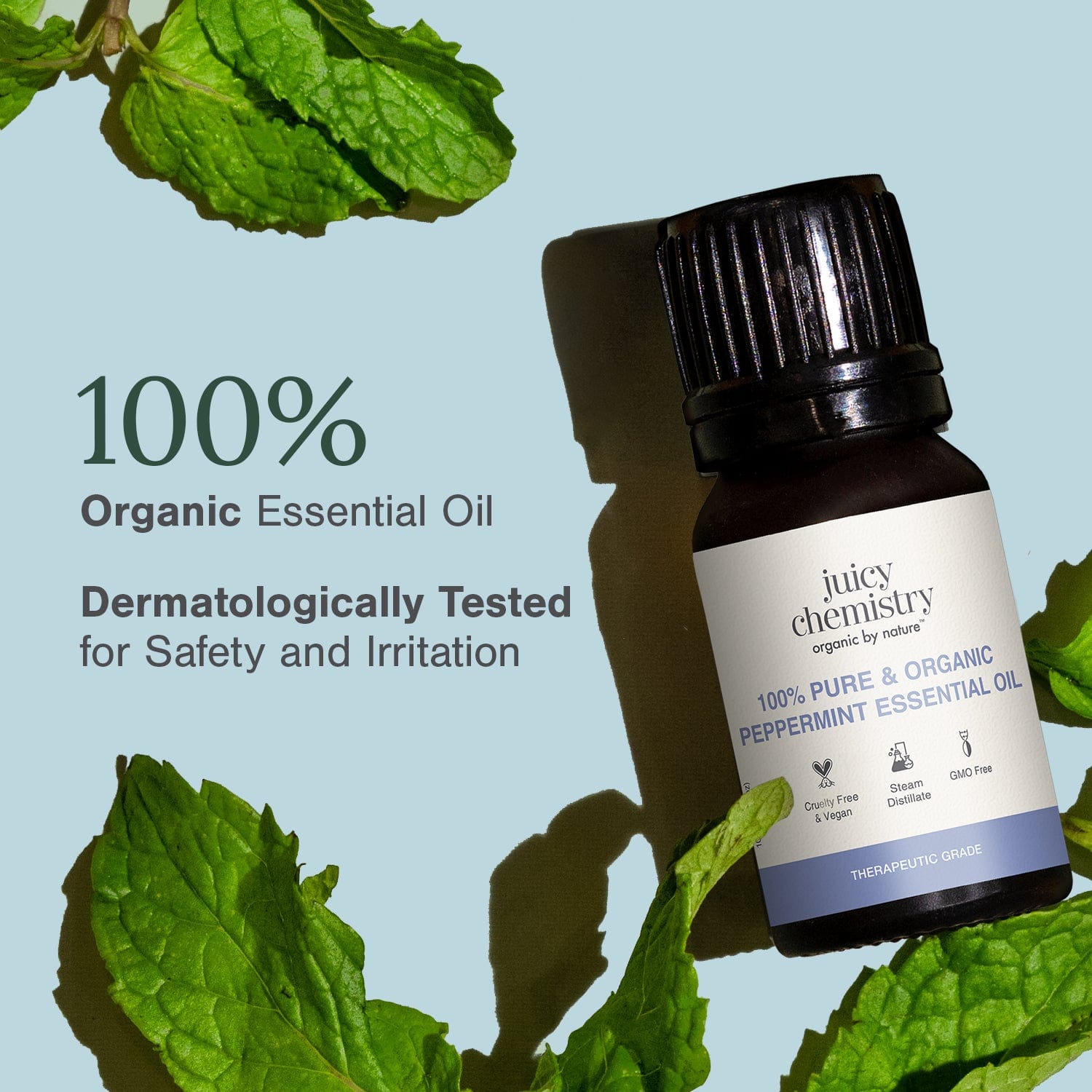Amla For Hair: Benefits And Ways To Use
May 24, 2021Amla is regarded as one of the most esteemed medicinal treatments within the Ayurvedic tradition. Commonly referred to as Indian Gooseberry, the fruits from this tree, which is indigenous to India, are utilized for a variety of ailments due to their rich nutritional profile.
Historically, amla oil has been extensively employed in traditional Indian haircare practices to nourish the scalp and promote stronger, darker hair. This oil was traditionally produced by sun-drying amla fruits and subsequently cooking them in coconut oil, allowing all the beneficial nutrients to infuse into the oil. Incorporating amla hair oil into your hair care regimen can be a fantastic way to achieve stronger, more vibrant locks. Its advantages are truly limitless, ranging from reducing hair loss and preventing premature greying to conditioning dry and damaged hair.
Can Amla Aid in Hair Regrowth?
Thanks to its rich concentration of nutrients such as Vitamins E and C, amla hair oil may indeed assist in the regrowth of lost hair. Vitamin E promotes healthy blood circulation to the scalp, which is essential for delivering the vital nutrients necessary for the proper functioning of hair follicles. Additionally, Vitamin E supports the cell regeneration process, revitalizing damaged hair follicles. Its high antioxidant content also shields the follicles from oxidative stress caused by environmental factors like pollution, UV rays, and smoke.
In addition to Vitamins E and C, amla is abundant in tannins, phosphorus, iron, calcium, and various polyphenols. These nutrients are crucial for nourishing hair follicles, thereby facilitating healthy hair growth. One research study even indicated that amla could benefit individuals suffering from androgenetic alopecia, commonly known as male pattern baldness, due to its powerful ability to inhibit the enzyme 5-alpha-reductase.
How to Use Amla for Hair Growth and Strength
There are numerous methods to utilize amla for promoting hair growth. The most effective approach is to include amla fruit in your diet, as it supplies your body with essential nutrients necessary for fostering healthy hair growth.
Amla fruits are readily available throughout India during the winter season, making it easy to consume fresh amla juice to enhance hair strength.
Another effective way to leverage amla for hair growth is by applying it directly to the scalp. Pure amla oil or amla juice can serve as a hair growth tonic for areas experiencing thinning hair, stimulating hair growth. The vitamins and polyphenols present will nourish the hair follicles on your scalp, fortifying your hair by minimizing free radical damage. For optimal results, you can also mix it with other herbs like hibiscus or bhringraj.
Additional Amla Benefits for Hair
Beyond its role in preventing hair loss and promoting growth, here are several other advantages of amla for hair.
- Delays hair greying: Thanks to its high antioxidant levels, amla can help prevent premature greying of hair by mitigating oxidative stress that accelerates the aging of hair follicles.
- Moisturizes dry hair: The fatty acids found in amla oil can effectively hydrate and nourish dry hair, tame frizz, and minimize hair breakage.
- Calms the scalp: The anti-inflammatory properties of amla hair oil can alleviate dry, irritated scalp conditions and reduce itching.
- Helps control lice infestations: Various biological compounds in amla possess antimicrobial properties that can assist in managing lice infections.
- Enhances hair health: The tannins and polyphenols in amla fruit can fortify your hair by protecting it from environmental damage.
- Increases hair density: By minimizing hair loss and promoting hair growth, pure amla oil can enhance the thickness and volume of your hair.
- Reduces dandruff: Amla oil benefits your hair by managing dandruff through its antifungal properties and alleviating associated itching.
-
Mitigates hormonal hair loss: Due to its capacity to inhibit 5-alpha-reductase, amla oil can be beneficial in preventing receding hairlines and hair loss linked to hormonal changes.
-
Methods to Utilize Amla for Hair Care
Here are several methods you can employ amla for hair enhancement, combating early greying, or simply to nourish your locks.
- As a hair mask: Combine amla powder with cold-pressed coconut oil and apply it generously to your scalp as a weekly hair mask treatment. Amla powder can be found in numerous pharmacies and herbal supplement shops.
- As a hair oil: Blend either amla powder or dried amla fruit with cold-pressed coconut oil and allow it to infuse in sunlight for 2-3 weeks to create the finest amla hair oil at home. Massage this amla-infused oil into your scalp and hair 1-2 times weekly, leaving it on for a minimum of 30 minutes. Rinse thoroughly with a mild shampoo and follow up with a conditioner.
- As a cleanser: You can whip up a homemade hair cleanser by combining amla, reetha, bhringraj, and shikakai powder. Mix these ingredients with water to create a smooth paste and massage it into your scalp for a few minutes before rinsing thoroughly with water.
Juicy Chemistry's Product Line Infused with Amla
- Fenugreek, Brahmi & Plantain Shampoo Bar: A mild cleansing shampoo bar that calms an irritated scalp and helps manage dandruff.
- Hibiscus, Amla & Bhringaraj Hair Oil: An organic hair oil designed to prevent early greying and rejuvenate damaged hair.
-
- Hibiscus, Onion & Bhringaraj Shampoo Bar: This is a handmade, organic shampoo bar designed to hydrate your hair while preventing hair loss and early greying.
All JC products are certified organic by Ecocert France in accordance with Cosmos standards.
Frequently Asked Questions
How long should I keep amla oil in my hair?
For optimal results, you can leave amla oil in your hair for a minimum of 30 minutes or even overnight.
How frequently should I apply amla for hair care?
It is recommended to use amla oil or an amla hair mask 2-3 times weekly.
Can amla oil assist with thinning hair?
Absolutely, regular application of amla oil can enhance hair volume.
Are there any negative effects of using amla on the scalp?
If you have an allergy to amla fruits, you might experience sensitivity or adverse reactions. Therefore, we always suggest performing a patch test first to check your skin's response.
Is it safe to consume amla juice for hair health during pregnancy?
We recommend consulting your healthcare provider if you are pregnant, nursing, or on medication.
REFERENCES:
https://jpma.org.pk/article-details/6704?article_id=6704
https://www.ncbi.nlm.nih.gov/pmc/articles/PMC5429933/
https://link.springer.com/article/10.1007%2Fs00436-014-3986-6

